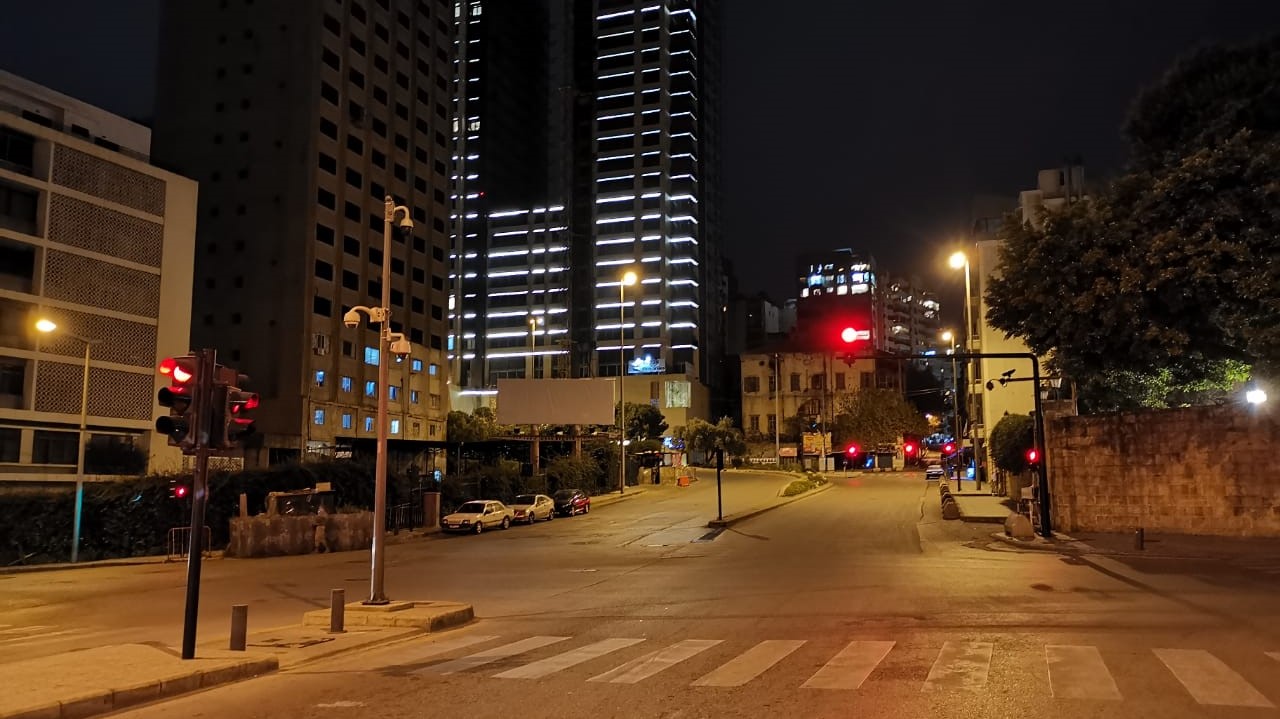The Lebanese Cabinet approved the extension of general mobilization regulations until August 30, following a recommendation from the Higher Defense Council and a spike in COVID-19 cases over the past few weeks.
Minister of Health Hamad Hasan announced yesterday that Lebanon will re-enter a partial lockdown on July 30 where pubs, night clubs, gyms, public gardens and beaches, beach sidewalks (such as Beirut’s Corniche and waterfront areas), parties and religious events will be suspended.
The partial lockdown holds no restrictions on mobility and essential businesses such as food, security and agricultural institutions. The lockdown will go on for five days, with a two-day break on August 4 and 5, before it resumes until August 10.
The policy limiting what days cars with odd or even license plate numbers can be driven has not been reinstated. While restrictions on vehicles have not been implemented, Hasan strongly advises people to avoid leaving their houses unless necessary.
The outcomes of the situation will be evaluated following this period.
Extending the general mobilization period until August 30 entails lengthening COVID-19 safety measures such as mandatory wearing of masks in public spaces, avoiding large crowds, and keeping restaurants and pubs at 50 percent capacity.
Over the past few weeks, Lebanon has witnessed a spike in COVID-19 cases, with the overwhelming majority of transmissions being local. The daily number of reported cases in the past few days has gone up to over 100 cases per day, with the largest one-day increase standing at 175.
Daily tests have also witnessed a significant increase, somedays reaching as high as 6,000 tests per day. According to the World Health Organization (WHO) COVID-19 regulations, the high number of tests is the most accurate representation of cases possible considering the country’s size and population.
Head of Rafik Hariri University Hospital (RHUH) Firass Abiad took to Twitter to state that this increase is “genuine” and has no relation to the increase in the number of tests.
“This conclusion is based on the large increase in hospitalizations, critical cases, and deaths,” said Abiad.
WHO regulations have determined that the best way to curve an increase in COVID-19 infections would be to adopt the regular use of masks in public spaces, in addition to avoiding large crowds and continuously washing one’s hands.
Lebanon began reopening after it had successfully lowered the daily number of reported cases below 10 per day. Despite this, some officials have condemned the country for reopening before completely flattening the curve and terminating all active cases of COVID-19.
As the country battles the worst financial crisis in its history, total lockdown remains out of the question as people have a growing need to generate more revenue.
Worldwide, economies are slowly enduring catastrophic recessions at the hands of this pandemic. Exceptionally, Lebanon has been dealing with the devaluation of its local currency (Lebanese lira) since October, worsened by lockdown measures.
Considering the disastrous effects another lockdown would have on the Lebanese economy, Hasan has stated that for the present time, total lockdown is out of the question.


